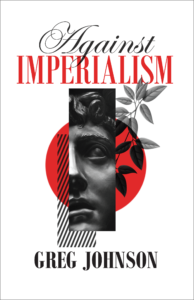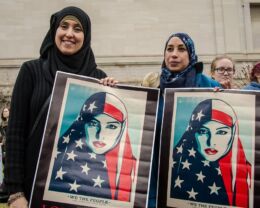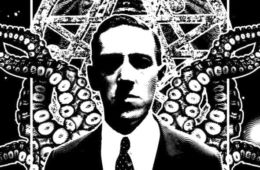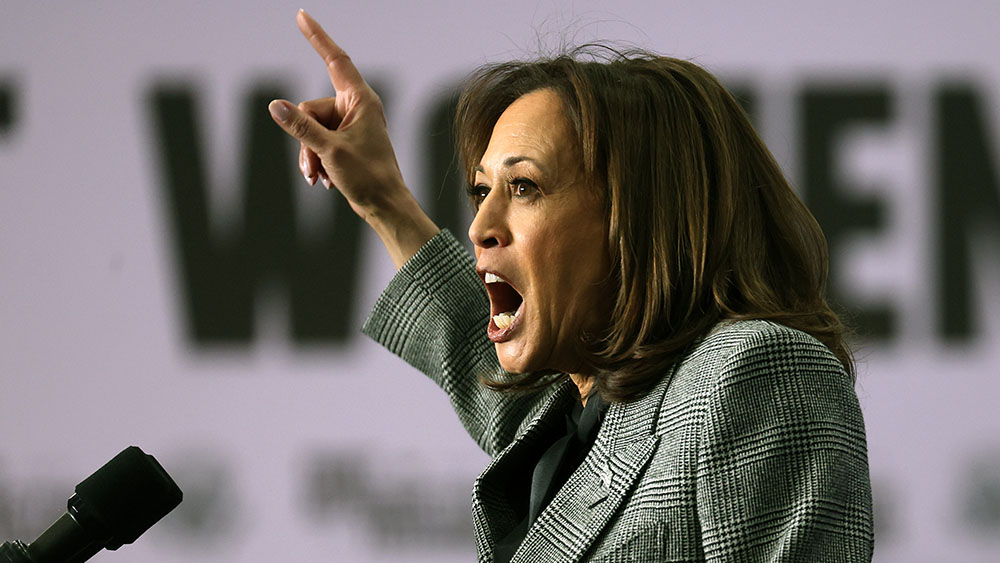Havens in a Heartless World, Part 2: The Homeland
1,506 words
Part 1 here
If the family is a haven in the heartless world of global liberalism, so is the nation. What is the connection between family and nation? Both are related by blood. Indeed, your nation is just your extended family. You enter your family and your nation at the same time, in the same way: You are born into them. Indeed, the root of “nation” is the Latin “natio,” a form of the verb “nascar,” which means to give birth.
A nation, like a family, is a destiny, not a choice. You don’t choose your nation, just as you don’t choose your family. You come out of our families and our nations as a dependent child; you don’t go into them as an autonomous adult.
Like a family, a nation is not defined merely by shared blood, but also by shared consciousness. To live together, we must be able to communicate. We share consciousness by means of a shared culture, most importantly a shared language. Even shared blood is divided by differences of language and culture. Just as identical twins raised to speak different languages are strangers to one another, genetically similar peoples with different languages and cultures are different nations.
Just as love is the law of the family, love is the law of the nation. Plato and Aristotle, for instance, observed that political life is bound together by thumos, which is the part of the soul that loves one’s own and hates one’s enemies. We love our lives. We love our self-images (our sense of honor). We love our families and extended families, including our nations as a whole.
We also form natural preferences for things that are familiar, beyond our selves and our blood relations: our hometowns, our natural environments, our mother tongues, the customs of our peoples, etc. We love our friends, even those who are not close or distant kin.
Love of one’s own is incompatible with the fungibility and equality of liberalism. One’s own family and nation are worth more than the rest, thus they cannot meaningfully be replaced with any of the others. One’s own hometown, mother tongue, and culture are worth more than the rest. Thus they, too, cannot be meaningfully replaced.
In what sense can we speak of “our” family or “our” nation as “our own”? Our family and nation are not our property. You own your property, but your property does not “own” you. This means that you can dispose of your property at will. You cannot, however, dispose of your family or your nation at will.
You can try to leave them. You can even legally sever your ties. But it was never just a legal relationship. You came out of them. They define your identity. They gave you your first nature (your genes) and your second nature (your language, culture, and formative experiences). You will carry those wherever you go.
This is a much tighter relationship than owning alienable property. In a real sense, you “belong” to your family and nations as much as they “belong” to you. Mutual belonging means that you can’t unilaterally sever your relationship.
But in a deeper sense, you can’t even mutually sever such ties. You are different from your property. But you are, in absolutely crucial ways, identical to your family and nation. They don’t just make you who you are. They make you who you are by putting themselves into you.
This identity carries inherent duties destined by birth, not acquired by choice: nurture from family and nation, obedience and gratitude from children.
The goal of nurture and education is to rear autonomous adults. But no matter how independent you become, your family and nation never become mere property that you can dispose of at will. No matter how many transient, voluntary relationships you enter and leave as an autonomous adult, you still have birthrights and birth obligations in relation to your family and nation.
Even after we are adults, we can expect both our families and our nations to give us preference over strangers, to provide us refuge and support in emergencies, and to take our side in conflicts. Moreover, because we are now adults, they can expect us to reciprocate.

You can buy Greg Johnson’s Against Imperialism here.
Liberalism, however, regards us as all equal, which really means fungible, i.e. replaceable. Liberalism sells us on this idea by promising us easy entry, easy exit, transactional relationships. The downside, of course, is that everybody else can treat us as equally disposable.
Liberalism promises us cheaper consumer goods if we give up all national preferences and treat every producer on the planet equally. But the downside is that, as producers, we are equally disposable as well, and good luck buying cheap Chinese imports when your job goes to China as well.
The family and the nation prefer their own to outsiders, who cannot replace us. You would be mad to sell such birthrights for more transient relationships and cheap consumer goods, as if we don’t have a glut of those already.
Like the family, the nation is not merely a safety net in case of disaster. It also promotes the development of virtues and excellences that are undermined by liberalism.
Because membership in one’s nation is not contingent on the choices of others, it provides a space in which we can more fully be ourselves, whereas in the liberal world, contingency breeds insecurity, which breeds conformism.
In the marketplace you will always find someone who will satisfy your “given preferences,” no matter how base and immature they might be. Like your family, your nation has the duty of helping you to grow and mature. This means saying “no” to bad choices in order to promote better choices. It means saying “no” to bad taste in order to promote better taste.
The marketplace promotes the rational self-interest of autonomous individuals. Like the family, the nation promotes virtues such as solidarity and loyalty.
Because nations have a preference for their own ways of life over those of others, nations can craft policies in education, culture, and trade to preserve their cultural uniqueness from the leveling effects of global culture. Nation-states can also promote the survival and perfection of high culture against the leveling power of popular culture.
A family cannot provide a haven from a heartless world if it does not have a place of its own. Thus, every family needs a home of its own, where it can live well, without outside interference. Regardless of who you think should pay for a home, there is something wrong with a society in which securing a basic need such as a home is difficult or impossible.
Likewise, a nation cannot provide a haven for its people without a homeland of its own. Regardless of how you think a people should secure a homeland, there is something wrong with a world in which such a basic need is difficult or impossible to meet.
But a nation needs more than just a homeland. It also needs control of its homeland if it is to live according to its own nature and destiny, as opposed to being ruled by strangers, whether it be the global empire of liberalism or smaller imperial blocs. Thus, every nation needs a sovereign nation-state.
If you are born into a nation, how is it possible to join another nation? Strictly speaking, you can’t. We call the process of joining another nation “naturalization.” But nationalization consists of conventions, words you read, oaths you take. Such words don’t have the magic power to make a Somalian into a Swede, however. Naturalization is like marriage: a conventional bond. Like marriage, naturalization only really takes place in the next generation, though the production of children. Such naturalization is possible, with small numbers of people who are genetically and culturally similar to begin with.
Civic nationalism is the idea that a nation can be bound together merely by conventions, not by blood. It is the idea that a nation is entirely a social construct. Civic nationalism, however, is organically part of the modern global liberal system we need a haven from. If you can belong to a nation merely by choosing to embrace a creed, that makes nationhood contingent on beliefs and the state that certifies those beliefs.
Civic nationalism undermines the very idea of nation as birthright. Indeed, it leads to the conclusion that immigrants are more authentic members of the nation than those who were born there. After all, immigrants choose their nation, whereas nobody chooses where he is born. This is the liberal fetishization of choice. Beyond that, immigrants work to become citizens, they earn it, whereas those who are born citizens do nothing to earn it. This is the liberal-capitalist “work ethic.”
If immigrants are more authentic “citizens” than those who are born that way, it follows that a society somehow becomes more authentic if its native population is replaced by outsiders, who will eventually obliterate all its distinct traits and make it identical to everywhere else on the planet. We call this madness the Great Replacement.



